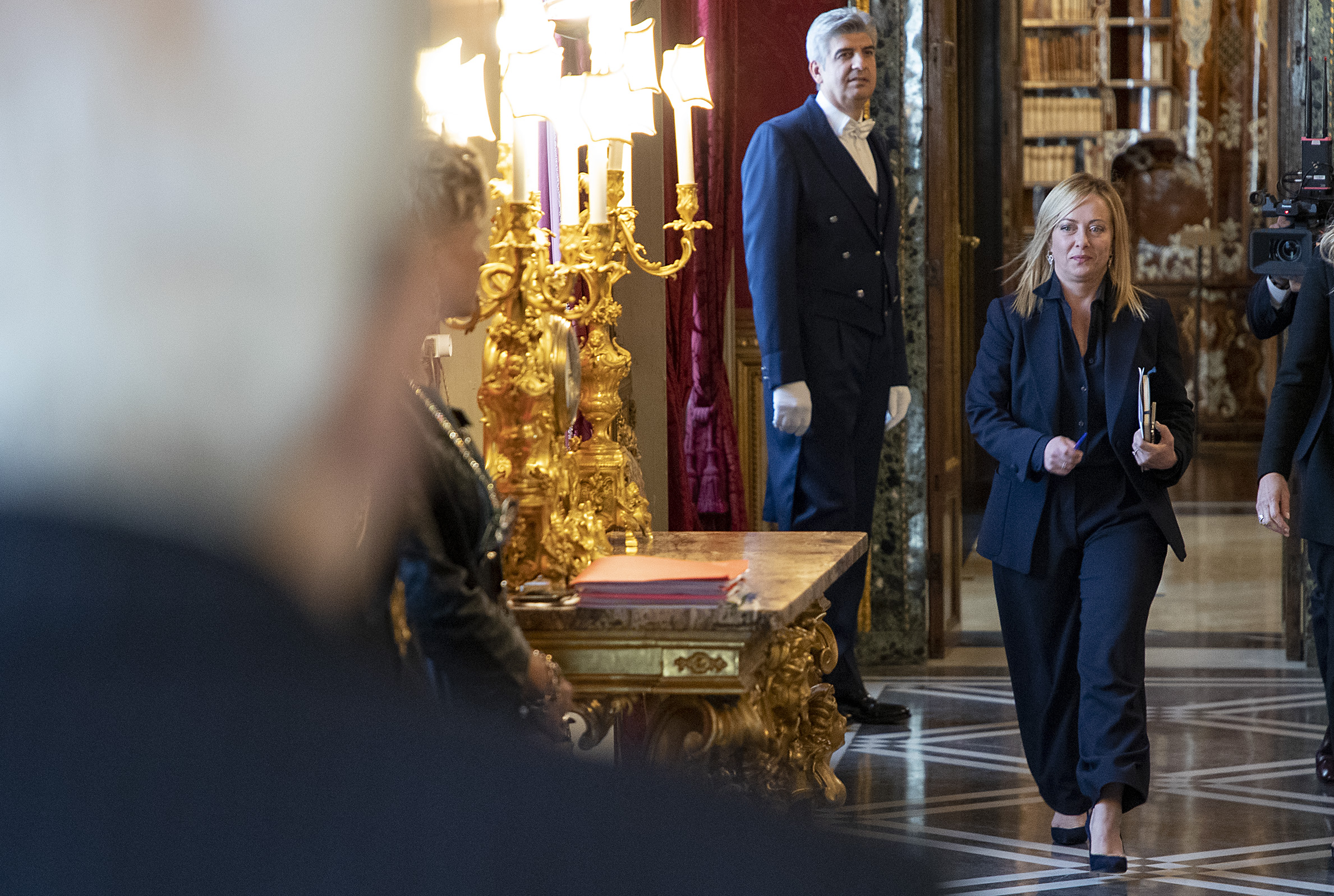The Rome Court of Ministers dismissed a case against Italian Prime Minister Georgia Meloni on Monday regarding the release of a man wanted by the International Criminal Court (ICC) for alleged crimes against humanity. This decision allows Meloni to evade legal repercussions, although charges will continue against other high-ranking officials in her government.
The case centers on the detention and subsequent release of Osama Almasri Njeem, a Libyan policeman and head of the Tripoli branch of the Reform and Rehabilitation Institution. This institution has been linked to serious human rights violations, including torture and inhumane treatment, as highlighted in reports by the United Nations Human Rights Council. Njeem is wanted by the ICC for multiple serious charges, including imprisonment, murder, torture, and sexual violence, under Articles 7 and 8 of the Rome Statute.
Meloni expressed her discontent on social media platform X, asserting that it is illogical to dismiss charges against her when it would be impossible for government officials to make such decisions independently. Her statement reflects a broader concern about accountability within the Italian government regarding international law.
The controversy began when Njeem was detained in Turin before his release on January 21, 2024. Meloni justified the decision to repatriate Njeem, citing the security of Italian citizens as a priority. The Prime Minister claimed that the ICC’s request for Njeem’s arrest was never officially communicated to the Italian Ministry of Justice, leading to further complications in the legal process.
Justice Minister Carlo Nordio supported Meloni’s stance, arguing that the arrest warrant issued by the ICC contained “inaccuracies, omissions, discrepancies, and contradictory conclusions.” His comments suggest a belief in the validity of the Italian government’s actions, despite the serious allegations against Njeem.
Under Article 86 of the Rome Statute, states have a general obligation to cooperate with the ICC. However, the release of Njeem raises questions about Italy’s adherence to its international obligations. While Meloni has been cleared of direct involvement, the ongoing legal proceedings against Nordio, Interior Minister Matteo Piantedosi, and Cabinet Secretary Alfredo Mantovano indicate that the issue remains contentious.
This ruling has significant implications for Italy’s relationship with international law and the ICC, as well as for the credibility of the Italian government in handling matters of human rights. Observers will be closely watching how this situation develops, particularly regarding the ongoing charges against the remaining officials involved.




































































